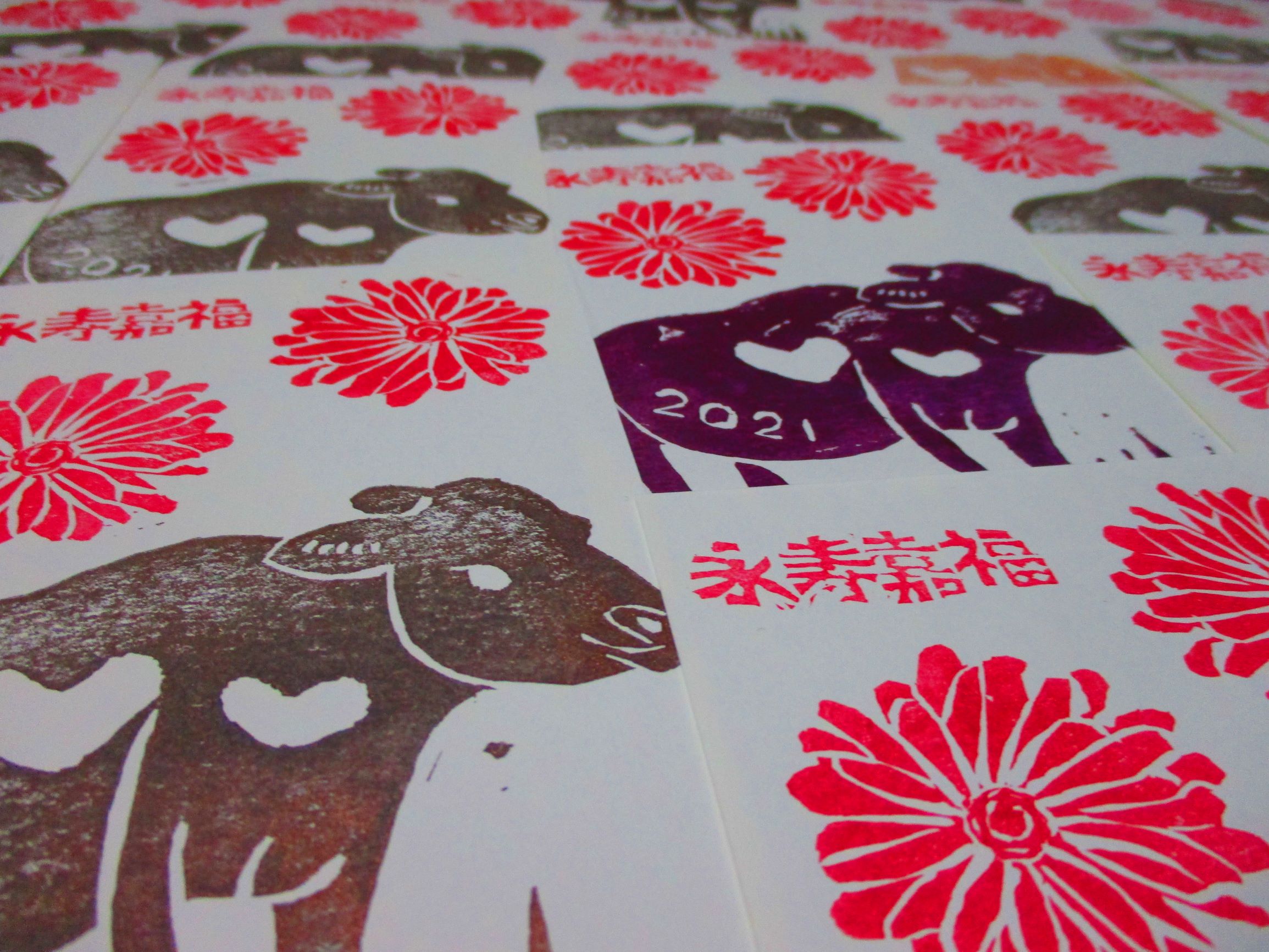同じ型からでも それぞれ違う
「違う」から 比べるのは当然のこと
Even from the same pattern, all vary.
The “differences” naturally guide us to compare them.
ひとは比較する
We compare one another.
「比較しなくていい」という風潮だが
自然にしてしまうものを 止めようとするのは
自分を否定することでは?
Nowadays, we have the public tendency
not to compare each of ourselves with anybody else.
Though, isn’t this denying our nature?
子どもを観ていると 明確だ
よく隣の子と自分を比べ 行動している
Observe toddlers. It’s obvious.
They act from comparison with next.
問題は ここからだ
The essential matter
is from here.
隣の子に興味を持って 真似してみたり
「どうしたらそうなるのか」
あれこれ試してみたり… するか
Do they have curiosity on the next friend
and… mimic or try many of
“what possibly made the next one able”?
隣の子に嫉妬して 怒ったり
「どうして自分はできないのか」
恥じて 隠れようとしたり… するか
Or, are they upset from jealousy?
“Why don’t I have it?”
Some may keep low profile from shame.
どの反応も!! 否定することはない
Still, you needn’t deny
any of these responses!!
「自分は今 どういう状態か」観
「何がそうしているか」根っこの想いを掬い
そうして 「自分をまるまる」大切に扱えてこそ
「何が自分のために必要か」 わかる
See “which state you’re in now”.
Pick out the rooted emotion in “what invites you there”.
Thus, by treating “the whole” of you
with compassion, you can grab “what’s for you”.
ひとりで観なくてもいい
誰かが一緒ならば 心強いものだ
For the pursuit, you don’t need to be alone.
As you feel secure, do with somebody.
LOVEACEのワークを どうぞ♡ → こちら
For our LOVEACE sessions, read this.
<REFERENCE>
‘The Polyvagal Theory* in Therapy:
Engaging the Rhythm of Regulation’ by Deb Dana (LCSW)
*The Polyvagal Theory is originally proposed
by Stephen W. Porges.
